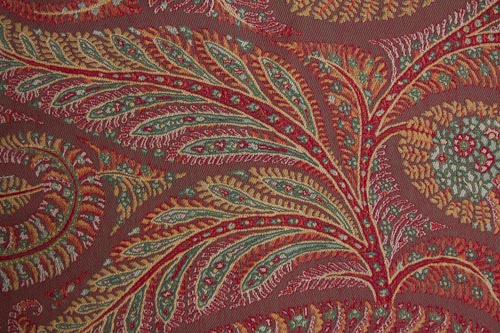 Can clean air design change the world? Like most artists, designers create objects for our families that reflect social and environmental issues and trends. To solve a health and environmental problem such as air pollution, designers are doing their part in creating homes, clothing, cars and communities that address the crisis.
Can clean air design change the world? Like most artists, designers create objects for our families that reflect social and environmental issues and trends. To solve a health and environmental problem such as air pollution, designers are doing their part in creating homes, clothing, cars and communities that address the crisis.
The Moms Clean Air Force has been chronicling the hazardous connection between where people live and the environmental factors that expose children to pollutants that cause significant health risks, such as lung disease, asthma, lead poisoning, cancer, reproductive impacts, birth defects, and even heart attacks. Air and water are the primary conveyances of pollutants and toxins, but exposure can also occur through contaminated soil during the fracking process.
“Good air quality is key to promoting respiratory health...The main sources of air pollution are area sources (dry cleaners, lawn mowers, etc.), mobile sources (cars, trucks, off-road equipment), and stationary sources (factories, power plants, etc.). These different sources produce different types of pollutants that can cause problems for respiratory health, cardiovascular health, and cancer treatment. Locating sensitive land uses in close proximity to polluting facilities or major roadways can raise health concerns for sensitive populations. Some pollutants tend to have a greater effect over an entire metropolitan area and others drop off fairly quickly away from the source.” ~ Design For Health
5 Clean Air Designs
1. Car Removes 95% of Ozone
Toyota has developed a material that can remove 95% of unreacted ozone or ground-level air pollutants from the air when used in an ozone filter. What does this mean? The future car you drive could clean the air instead of polluting it. Read more about this at Inhabitat.
2. Breathing Walls
Plants have the ability to do more than just bring a hint of nature into your home. Plants absorb carbon dioxide and release oxygen during the photosynthetic process. Researchers found many common houseplants absorb benzene, formaldehyde, trichloroethylene, and other pollutants. Plants can improve indoor air quality. DIRTT Environmental Solutions created the Breathe Living Wall system for health and energy-savings. The wall lessens the load of ventilation systems, and introduces more healthful plants into living spaces. Read more about this at Top 10 Green Building Products.
3. Clean Air Communities
Smart Growth designers and planners are designing communities that include plans for driving less. “With over nine million children in the U.S. suffering from asthma and millions more Americans who die each year due to high levels of air pollution, designing communities in ways that reduce traffic and encourage healthy options like walking and bicycling are crucial.” Read more about this at Smart Growth: Healthy Communities, Healthy People.
4. Buildings Eat Smog
Buildings account for nearly 40 percent of America's energy use. Much of this energy comes from coal-fired plants and other dirty sources. Alcoa created EcoClean building panels with a titanium dioxide coating that interacts with sunlight and breaks down nitrogen oxide - the smog-causing compound. The process happens naturally when rain washes off a building. Alcoa claims that 10,000 square feet of coated aluminum would have the air-cleaning effects of 80 trees. Read more about this at Good.
5. Catalytic Clothes Purify Polluted Air
OK, this one is my favorite. Catalytic Clothing has created a dress that can purify polluted air through a chemical reaction on the surface of the fabric. They claim the dress can reverse the environmental impact of air pollution!
“Exposure to airborne pollutants presents a risk to human health and also has a detrimental effect on ecosystems and vegetation…The widespread introduction of Catalytic Clothing would dramatically reduce the level of airborne pollutants, thereby improving the quality of life for all members of society.”
Check out this video featuring a model wearing an air purifying dress - background track by Radiohead. Read more about this at The Ecologist.
http://vimeo.com/24560187
Can “design thinking” imbue a wide spectrum of solutions to help in the air pollution crusade? You bet. Good clean air design can change the world! Want to join designers as they connect the dots between design, the environment and our health? The Moms Clean Air Force is an innovative community of parents devoted to finding creative solutions to keep our children breathing the clean air they deserve. Please help us design a future for our children free of pollution. Thank you!
Credit: Ben Scott
 I follow a lot of online happenings. It’s a big part of my world. This rosy red morning, a poster made its appearance all over my world.
Many of you have told me that you enjoy the words I post. That makes me feel happy and loved. Thank you. I am a devoted writer, and I don't write for free (except here).
I follow a lot of online happenings. It’s a big part of my world. This rosy red morning, a poster made its appearance all over my world.
Many of you have told me that you enjoy the words I post. That makes me feel happy and loved. Thank you. I am a devoted writer, and I don't write for free (except here).
 Photo used with permission:
Photo used with permission: 






